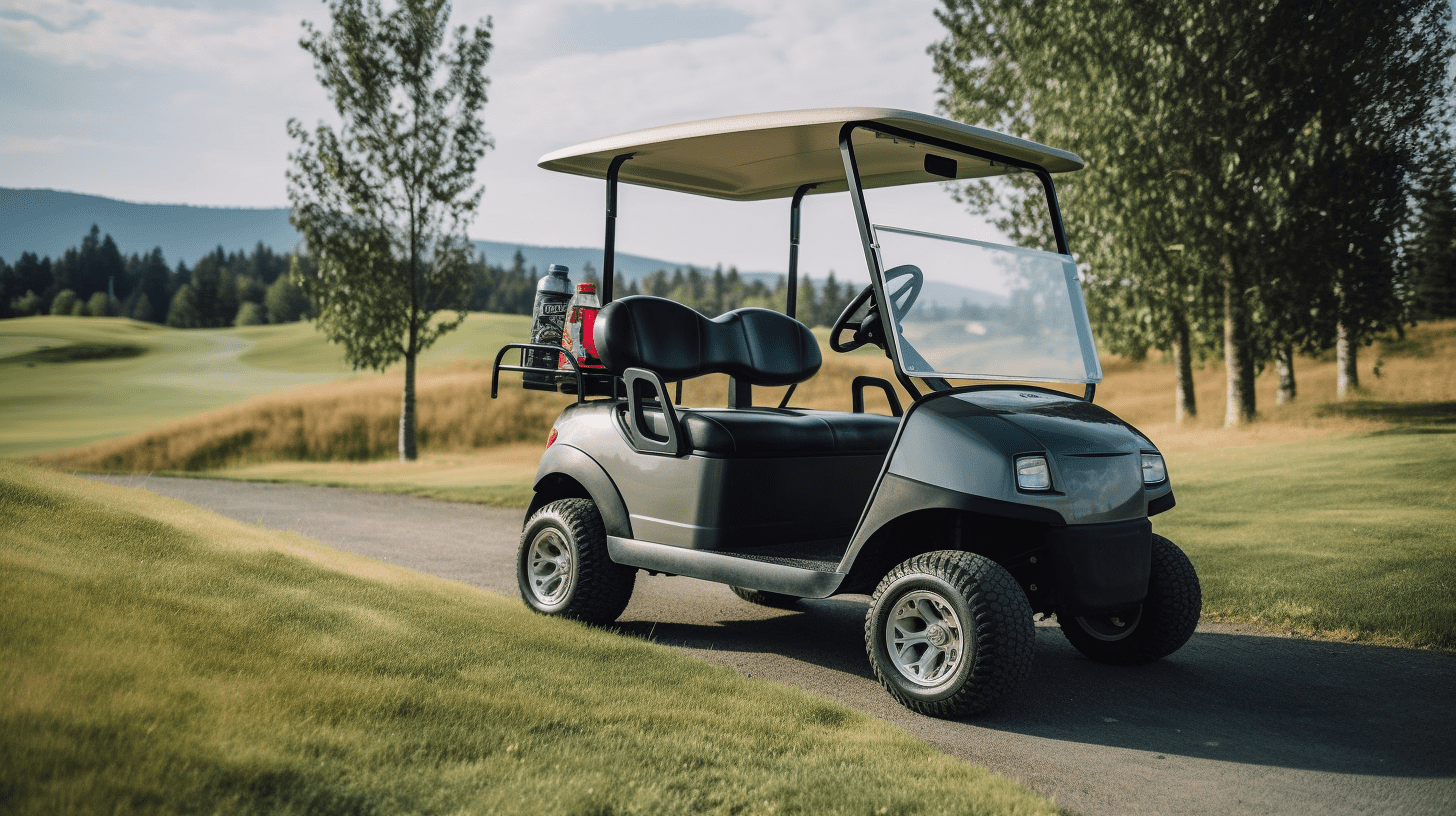In Ohio, golf carts and Low-Speed Vehicles (LSVs) can operate on public roads where the speed limit is 35 mph or less. Operators must be at least 16 years old and possess a valid driver’s license. Additionally, these vehicles must be equipped with specific safety features, including headlights, taillights, and turn signals.
Understanding Golf Cart Regulations in Ohio
Golf carts are primarily designed for use on golf courses but can legally operate on certain public roads in Ohio. The regulations governing their use are crucial for ensuring safety and compliance.
Key Regulations:
- Speed Limit: Golf carts may only travel on roads with a speed limit of 35 mph or lower.
- Licensing: Drivers must be at least 16 years old and hold a valid driver’s license.
- Safety Equipment: Golf carts must be equipped with headlights, taillights, brake lights, turn signals, and a rearview mirror.
- Insurance Requirements: While not mandated by state law, local jurisdictions may require insurance for golf carts.
Low-Speed Vehicle (LSV) Guidelines
Low-Speed Vehicles (LSVs) are defined as four-wheeled vehicles with a maximum speed of 25 mph. They are more versatile than golf carts and can be used for various purposes.
Essential Guidelines:
- Road Use: LSVs can operate on streets where the speed limit is 35 mph or less.
- Driver Requirements: Operators must be at least 16 years old with a valid driver’s license.
- Registration and Title: LSVs must be registered with the Ohio Bureau of Motor Vehicles (BMV).
- Safety Standards: LSVs must adhere to federal safety standards, including seat belts and windshields.
Local Ordinances and Variations
While state laws provide a framework for golf cart and LSV operation, local municipalities may impose additional regulations. It’s essential for operators to familiarize themselves with local ordinances to ensure compliance.
Common Local Regulations:
- Restrictions on where golf carts can park.
- Designated routes for LSVs.
- Additional safety equipment requirements.
Latest News
- Recent discussions in Ohio have focused on expanding the areas where golf carts and LSVs can operate legally.
- New legislation is being proposed to improve safety standards for these vehicles.
- Local communities are increasingly adopting ordinances to regulate the use of golf carts more effectively.
- Increased awareness of the benefits of using LSVs for short-distance travel is leading to more public support.
Redway Expert Comment
“In recent years, we’ve seen a significant shift towards embracing alternative transportation methods like golf carts and LSVs in Ohio. As an expert in Lithium LiFePO4 batteries, I believe that the growing popularity of these vehicles will drive demand for efficient power solutions. Our custom lithium batteries provide the perfect blend of performance and sustainability, making them ideal for enhancing the functionality of golf carts and LSVs.
Conclusion
Understanding the laws surrounding golf carts and LSVs in Ohio is vital for safe operation. By adhering to state regulations and local ordinances, operators can enjoy the convenience of these vehicles while ensuring compliance with legal requirements. As the trend towards eco-friendly transportation continues to grow, investing in high-quality lithium batteries will enhance performance and longevity.
FAQs
What are the key differences between golf cart and LSV laws in Hawaii?
In Hawaii, golf carts are primarily regulated for use on private property and designated areas, while Low-Speed Vehicles (LSVs) must meet specific safety standards and can operate on public roads with speed limits of 35 mph or lower. LSVs require registration, insurance, and safety features like lights and turn signals, whereas golf carts do not.
How do Hawaiian golf cart and LSV laws impact recreational activities?
Hawaii’s regulations limit golf cart usage mainly to private properties or designated areas, which can restrict recreational activities such as cruising on public roads or accessing beaches. LSVs, being street-legal, offer more flexibility for recreational use on public roads but still face restrictions based on local ordinances.
Are there any recent changes to golf cart and LSV laws in Hawaii?
Recent updates in Hawaii have clarified the registration requirements for LSVs, emphasizing the need for proper safety features. Additionally, local jurisdictions are increasingly defining where golf carts can be used, leading to more specific regulations tailored to community needs.
What are the penalties for violating golf cart and LSV laws in Hawaii?
Violating Hawaii’s golf cart and LSV laws can result in fines or citations. Penalties may include fines for operating without registration or insurance, as well as potential legal repercussions for driving without a valid driver’s license or failing to adhere to safety equipment requirements.
How do Hawaiian golf cart and LSV laws compare to those in other states?
Hawaii’s laws are generally more restrictive compared to many mainland states. While some states allow golf carts to operate freely on public roads with minimal requirements, Hawaii limits their use primarily to private areas. However, LSVs in Hawaii follow similar regulations as those in other states, requiring registration and safety features for public road usage.
Related Posts
- Why Should You Know the Moped Requirements in Michigan?
- What Are the Requirements for a Golf Cart in Florida?
- What Are the Laws Governing Golf Carts and LSVs in Illinois?
- Virginia Golf Cart and LSV Laws Unveiled
- US Lithium Battery Manufacturing and Import Regulations
- Understanding the New Golf Cart Laws in Florida: What You Need to Know




